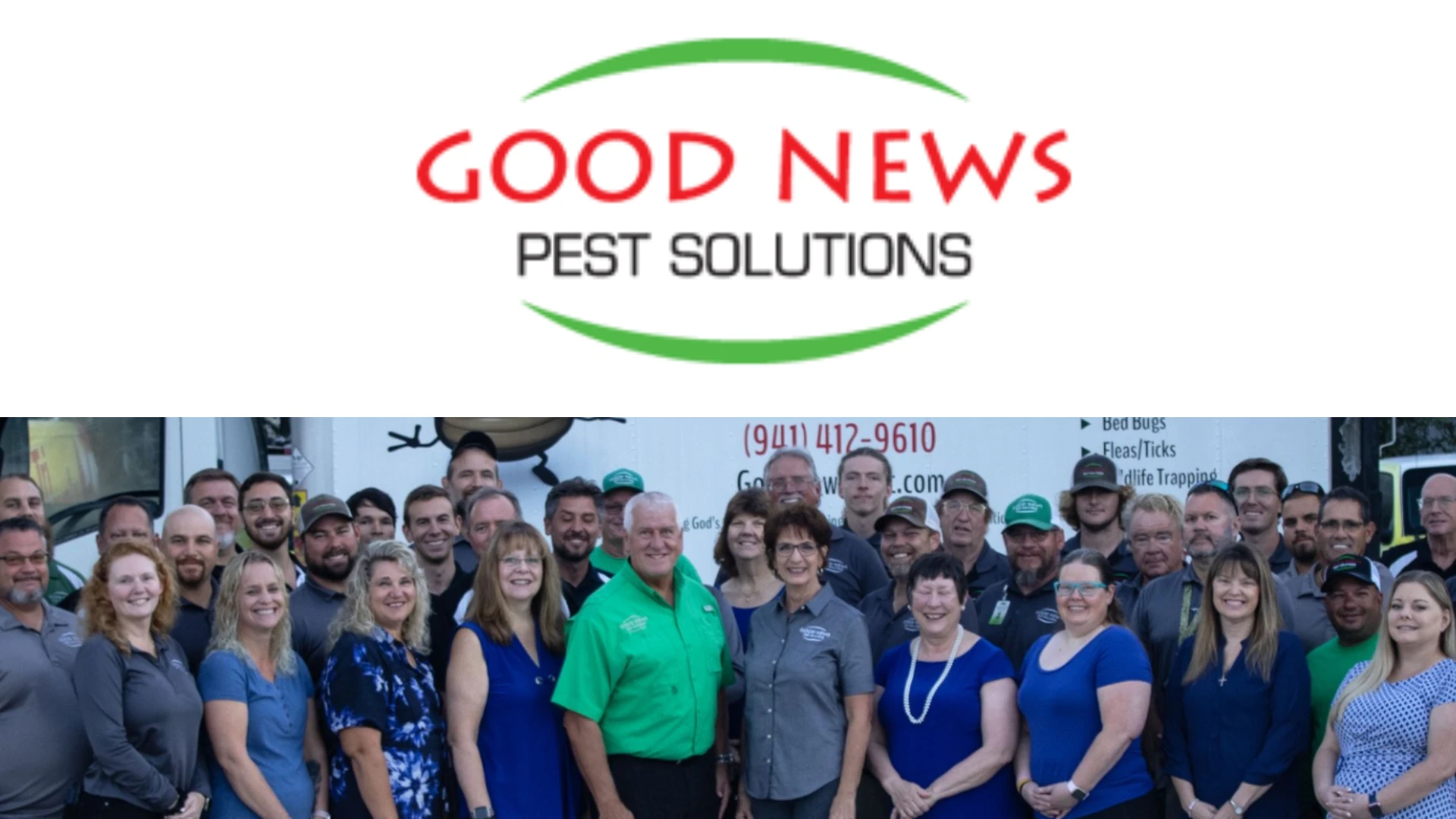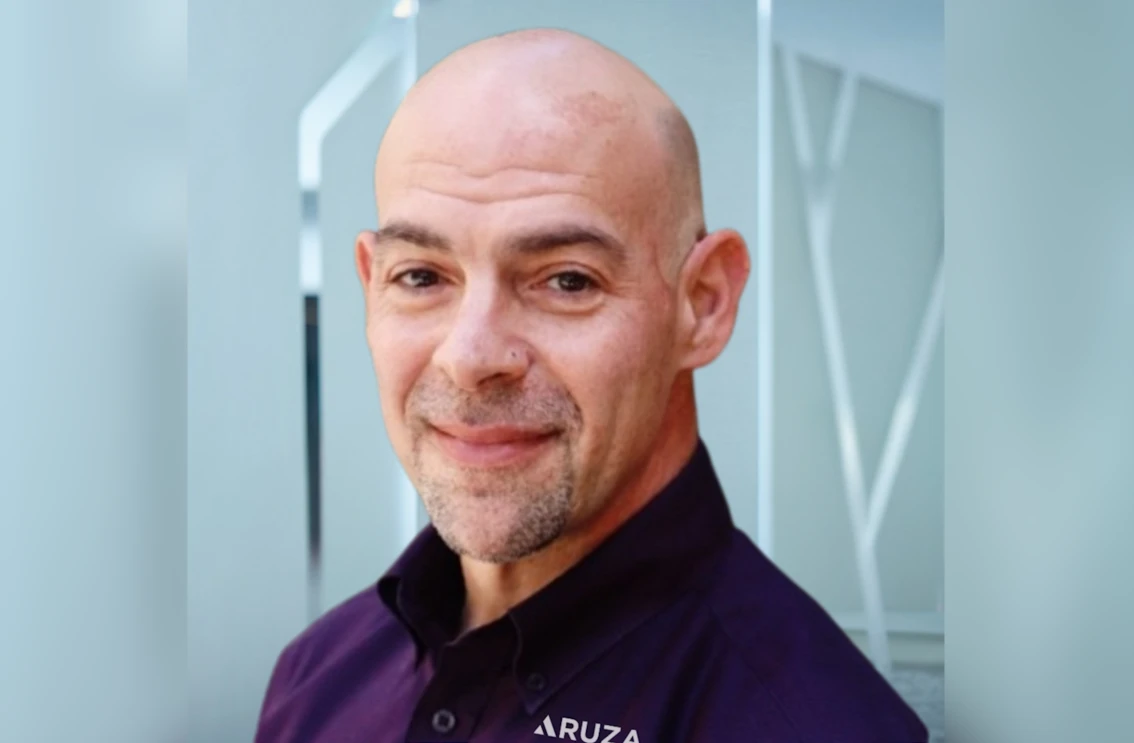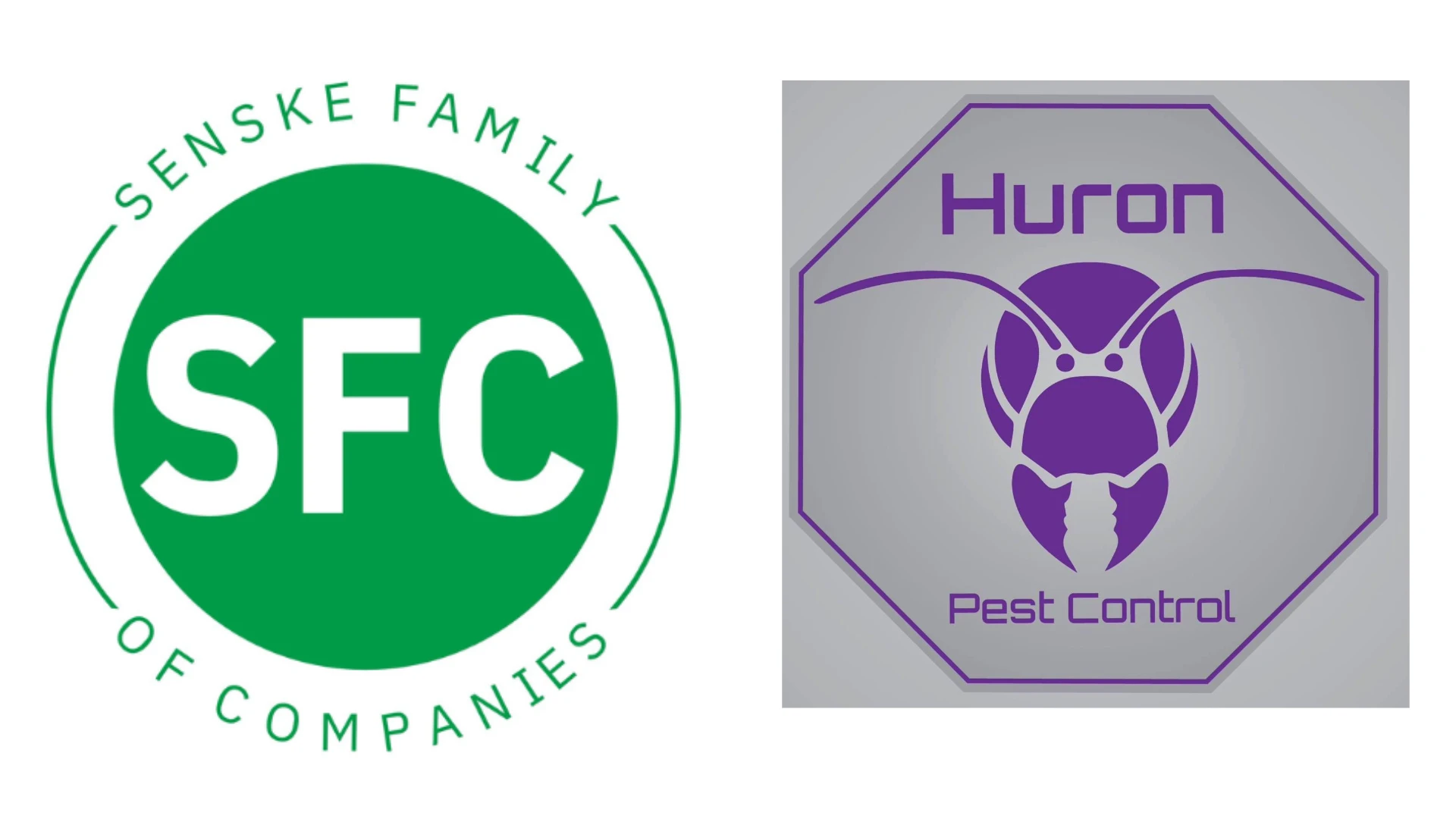A handful of our readers ask us “Why does PCT spend so much print space covering mergers and acquisitions activity in the pest control industry?” It’s a fair question considering PCT’s readership ranges from newly certified service technicians to small mom-and-pop operators to owners and presidents of firms with 1,000+ employees. The answer is because mergers and acquisitions create a ripple effect that impacts just about every segment of the industry.
Four major deals that occurred in May (see cover story, page 30) — Terminix’s acquisitions of Cooper Pest Solutions and Hometown Pest Control; Anticimex’s purchase of Killingsworth Environmental of the Carolinas; and Rentokil’s acquisition of Advanced Pest Management — all provide good examples of how mergers and acquisitions change the landscape of the pest control industry.
For Terminix, not only do they gain the accounts of Lawrenceville, N.J.-based Cooper Pest Solutions — which strengthens the company’s position in the competitive New Jersey and Southeast Pennsylvania markets — they add a wealth of talented employees, from well-trained service professionals to highly effective sales representatives (trained to “Wow” customers by high-energy leader Phil Cooper). But the talent acquisition extends further. As part of the deal, Cooper Pest Solutions Technical Director Rick Cooper will take on a training and education role at Terminix. Rick, who received his Ph.D. from Rutgers University in 2015, is well-respected for his in-the-field research and his bed bug expertise. The Cooper deal comes on the heels of Terminix’s April purchase of Copesan Services, whose Copesan Technical Committee also is widely lauded for its expertise. It will be interesting to see how Terminix’s technical and training program will evolve with the addition of both Copesan Services and Rick Cooper.
Terminix’s acquisition of Delray Beach, Fla.-based Hometown Pest Control also is interesting from a people perspective. Under the direction of owners Sal and Addie Yanello, Hometown has grown into a large Florida operation, which specializes in lawn and ornamental pest control, an area Terminix is looking to grow, Sal Yanello told PCT. Thus, the potential growth opportunities for Hometown employees was one of the reasons Terminix was an attractive buyer, Yanello added.
For Sweden-based Anticimex, the acquisition of Killingsworth Environmental of the Carolinas comes just two months after its purchase of Jacksonville, Fla.-based Turner Pest Control. In both deals, Anticimex adds services that previously were nearly non-existent; with Turner it was lawn care and with Killingsworth it is heating, ventilation and air conditioning (HVAC) , among others. As Mikael Vinje, president of Anticimex North America, told PCT when he was interviewed about the Turner deal, “We use a decentralized approach and we believe success is going to come from adapting to local markets. We are not pushing through a cookie-cutter model from Sweden.”
Rentokil Steritech has adapted its business model similarly. In 2017, for example, Rentokil Steritech acquired Heron Lawn & Pest Control, Apopka, Fla., a company in which about 65 percent of its revenues were from lawn care. A very small portion of Rentokil Steritech’s portfolio is lawn care, so they undoubtedly are benefiting from Heron’s expertise in this area. Rentokil Steritech’s most recent high-profile acquisition was in May, when it purchased Advanced Pest Management (APM), Elkton, Md. While APM is a more conventional firm in terms of the services it provides, it is a second-generation firm with deep ties to the communities it serves and long-tenured employees. Again, the newly acquired Rentokil Steritech accounts are of minimal value if they don’t also have the quality employees to maintain and retain them.
So, why does PCT spend so much print space covering mergers and acquisitions activity? PCT’s goal is to provide comprehensive coverage of the ever-evolving structural pest control industry, and this includes covering how pest management professionals grow with their new companies/positions. In turn, it’s fascinating to observe how companies change as they add new locations, talent and, in some cases, services.
WANT MORE?
Enter your email to receive our newsletters.

Explore the June 2018 Issue
Check out more from this issue and find your next story to read.
Latest from Pest Control Technology
- Webinar: Employee Incentives — Going Beyond the Annual Raise
- Pest Control Companies Helping Neighbors in Need Eradicate Bed Bugs
- Why Does Marketing Feel So Opaque?
- How Did This Pest Get Its Name?
- Rose Pest Solutions Honors Top Performers with Annual Chief’s Club Awards
- Doug Foster on Termite Control Equipment, Resources
- Pest Control Consultants Acquires EcoGuard Pest Control
- Pest Index Increased 9 Percent YOY in February






